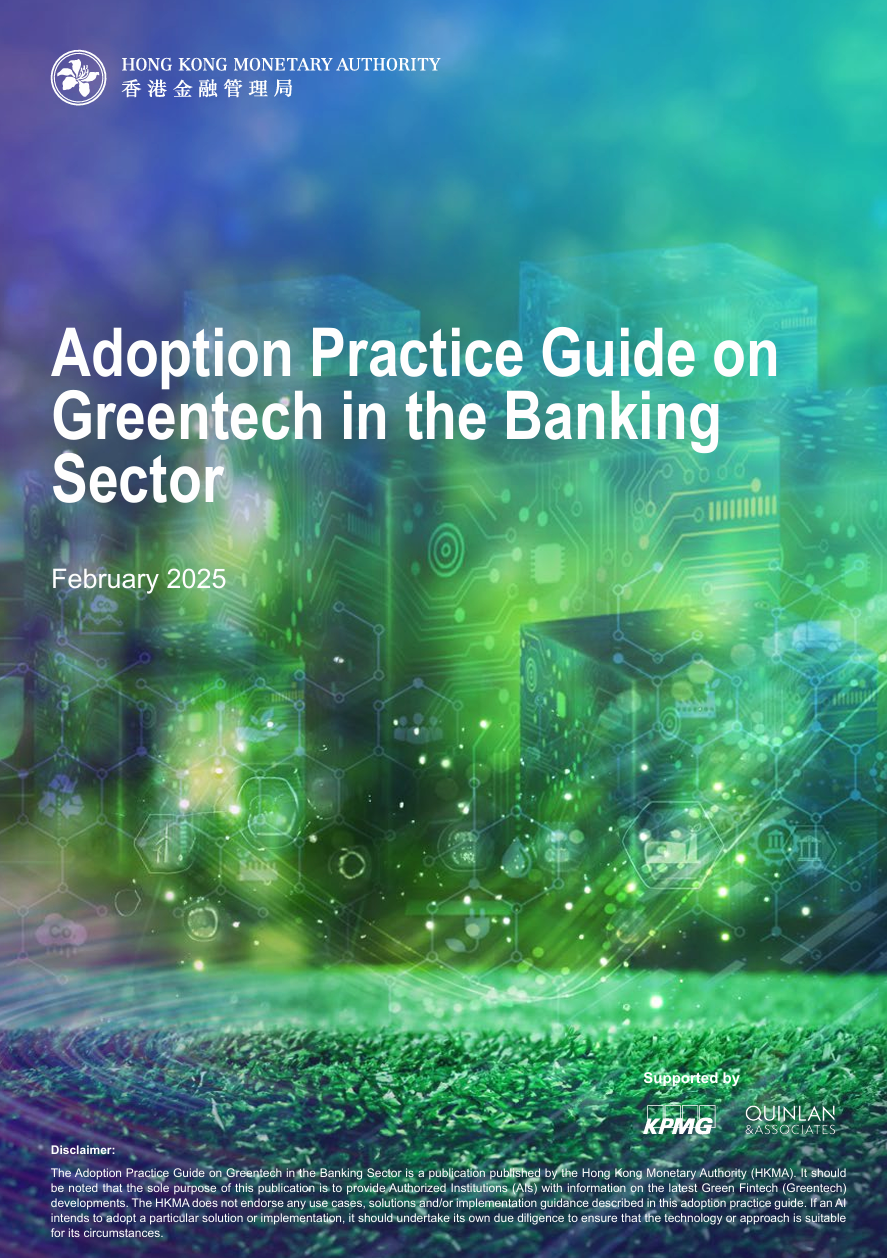
Decoding Digital Finance: The Unseen Currents Redefining Your Next Move
The Great Recalibration: Why Yesterday’s Digital Banking Playbook Won’t Win Tomorrow
The financial landscape is in a perpetual state of becoming, and the insights gleaned from the comprehensive “Global Digital Banking: Development and Innovation Trends” report by Oliver Wyman and WeBank provide a crucial lens. While not brand new, its observations on digital banking’s maturation—the pivot from sheer growth to sustainable models, the deepening of ecosystem strategies, and the exploration of new value frontiers—are more relevant than ever. These aren’t just trends; they are the tectonic plates shifting beneath the industry. For astute leaders in fintech and regtech, understanding these deep-seated dynamics is paramount to not just surviving, but to architecting the future.
📖 Ref: Oliver Wyman (2024) GLOBAL DIGITAL BANKING: DEVELOPMENT AND INNOVATION TRENDS
Profitability's New Calculus: Are You a Scaler or a Specialist Virtuoso?
The report highlighted a critical juncture: the urgent quest for sustainable profitability. This isn’t merely about cutting costs or acquiring more users; it’s a fundamental strategic fork in the road. The path to enduring financial success in digital banking is increasingly diverging.
- The Hyper-Scale Efficiency Engine: Some players, as the report noted with examples like WeBank and Nubank, are built to conquer mass markets. Their success hinges on extreme operational efficiency, leveraging technology to serve vast numbers at minimal cost per user. For these entities, compliance isn’t just a mandate; it’s a critical component of their low-cost structure, demanding streamlined, automatable RegTech solutions.
- The Niche Mastery Model: Conversely, others like OakNorth, identified for its SME focus, thrive by cultivating deep expertise in specific, often higher-margin, segments. Their competitive edge lies in superior understanding of customer needs and risk, often powered by sophisticated data analytics. Here, RegTech must enable precision, supporting complex risk modeling and tailored due diligence.
Innovative Insight: The true innovation here isn’t just choosing a path, but how fintechs and their enabling regtech partners can create hybrid vigor. Could a scaled platform offer highly specialized, AI-driven services to distinct micro-segments within its vast user base? This demands a modular, intelligent compliance architecture capable of adapting to diverse risk profiles at scale.
Ecosystems Unbound: From Integrated Services to Orchestrated Value Constellations
The notion of leveraging ecosystems, as the report detailed with KakaoBank and MYbank, has evolved far beyond simple partnerships or channel strategies. We’re moving into an era where digital banks – and the fintechs that power them – are becoming central orchestrators within vast, interconnected “value constellations.” The focus is shifting from merely being present in an ecosystem to intelligently weaving financial services into the very fabric of users’ digital lives.
Innovative Insight: The next frontier is “anticipatory finance” within ecosystems, where needs are met proactively, almost invisibly. This requires an unprecedented level of data integration and predictive analytics. For regtech, the challenge is profound:
- How do we ensure robust data governance and ethical AI when data flows across multiple, often non-financial, ecosystem partners?
- Where does regulatory responsibility lie in a chain of orchestrated services?
Studio AM sees this as a critical area where proactive CaaS becomes indispensable, designing compliance frameworks that anticipate these complex interdependencies.

When Banks Become Tech Titans: The New Competitive Chessboard
The report’s observation of digital banks like Starling productizing their technology (“Engine”) or Revolut offering SaaS solutions was a prescient nod to a significant market reshaping. This isn’t just diversification; it’s a fundamental identity shift. Banks are no longer just consumers of technology; they are becoming formidable technology providers themselves.
Innovative Insight: This creates a fascinating dynamic of “co-opetition” for traditional fintech SaaS vendors. On one hand, banks becoming tech exporters validate the market for advanced financial technology. On the other, they introduce new, well-capitalized competitors with deep domain expertise.
The Strategic Question for Fintechs: Do you compete, collaborate, or specialize in areas banks are less likely to productize (e.g., highly niche regulatory reporting, or cross-industry data analytics)?
This shift also means that the technology these banks export must itself be demonstrably compliant, opening new avenues for embedded RegTech and CaaS validation services.
Navigating the Global Maze: Regional Fortresses and the Quest for Data Diplomacy
The ambition for multi-market coverage, as the report touched upon, is tempered by the complexities of localization and regulatory fragmentation. The trend towards building “regional champions” before attempting global dominance seems a pragmatic response. Underpinning any cross-border ambition is the critical need for “seamless data element flow,” a challenge WeBank’s initiatives aimed to address.
Innovative Insight: Success in multi-market operations will increasingly depend on “regulatory interoperability” and “data diplomacy.” This isn’t just about translating interfaces; it’s about designing core platforms that can adapt to disparate regulatory regimes with agility.
Key Challenge: How can a digital bank maintain a consistent customer experience and operational efficiency while navigating a patchwork of local data sovereignty laws, KYC requirements, and consumer protection standards?
This is where advanced RegTech solutions, focusing on configurable rule engines, secure data-sharing protocols, and AI-driven regulatory intelligence, become strategic enablers.
The Emerging Bank: AI Avatars, Invisible Finance, and the Unfolding Future
The report correctly anticipated the blurring lines between digital and traditional banking, and the catalytic role of new technologies like AI, Web 3.0, and IoT. These are not distant concepts; they are actively shaping pilot programs and early-stage products that hint at the bank of tomorrow. Think generative AI for hyper-personalized financial advice, or IoT-driven contextual finance.
Innovative Insight: The most profound shift may be towards “autonomous finance” and “sentient banking experiences.”
- Imagine AI-powered financial agents not just advising, but, with permission, acting on a user’s behalf to optimize financial health.
- Consider banking services that adapt in real-time based on biometric data or environmental context, offering unparalleled personalization.
The compliance implications are staggering, touching on algorithmic bias, data ethics, consumer consent in an AI-mediated world, and the very definition of fiduciary duty. Proactive CaaS will be essential to help pioneers navigate this uncharted territory responsibly.

Charting Your Course in a Transformed Financial World
The foundational shifts identified in the Oliver Wyman and WeBank report continue to accelerate, creating a financial services industry that is more dynamic, interconnected, and technologically advanced than ever before. For fintech and regtech leaders, this environment is rich with opportunity, but also laden with complexity. Mastering this new terrain requires not just innovative products, but a sophisticated, forward-looking approach to compliance and strategic risk management. Studio AM, through its specialized Compliance-as-a-Service model, partners with innovators to decode these changes, build resilient operational frameworks, and turn regulatory understanding into a genuine competitive advantage. As the future of finance unfolds, we provide the clarity and expertise to ensure you are not just participants, but architects of that future.




